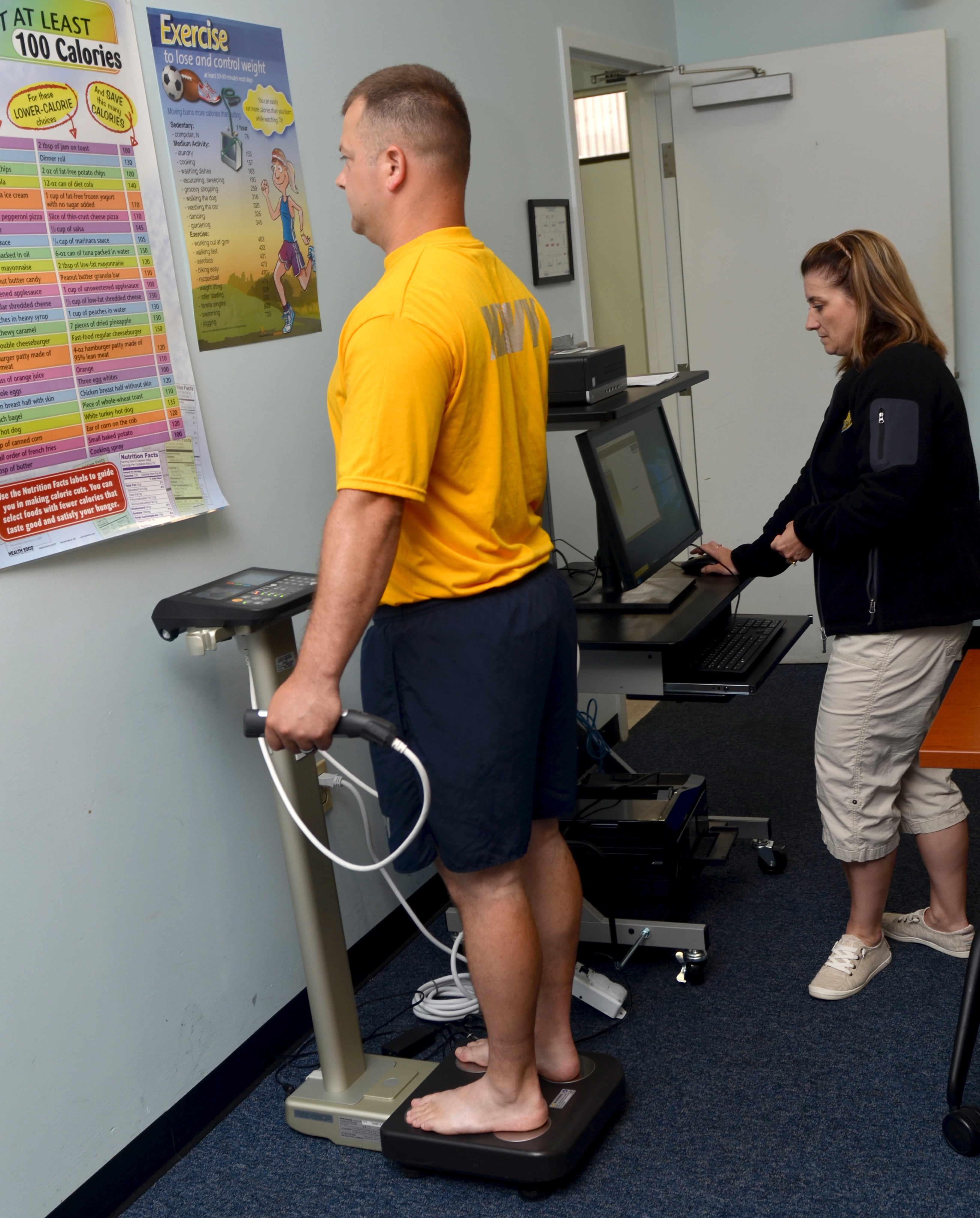The Air Force said Monday it will officially use height-to-waist ratios to measure troops’ fitness starting this spring, solidifying its move away from the dreaded abdominal “tape test.”
The change accompanies a broader overhaul of the Air Force’s physical fitness test in January 2022, following years of debate about how best to gauge a person’s readiness to serve.
Annual height-to-waist ratio tracking will take effect in April after more than a year of internal preparation. The Air Force stopped including abdominal circumference measurements in airmen’s PT test scores in 2020 amid concerns that it incentivized starvation.
RELATED

But it was still required to have a way to measure its members’ body composition, and saw healthy proportions as a better goal to pursue than a metric like weight. Excess belly fat can increase a person’s risk of cardiovascular disease, stroke, diabetes, hypertension and musculoskeletal injuries, the service noted.
The new body composition and physical performance standards apply to both airmen and Space Force guardians. Tests will be pegged to service members’ birthdays.
To calculate the ratio, service members are instructed to wrap a measuring tape around the narrowest point of the abdomen — the “midpoint between the lowest rib and the top of the hip bone,” the Air Force said. Divide that number by height in inches.
People meet the new standard if that totals less than 0.55, or are considered “high risk” if they exceed 0.55.
Those who fall short will undergo a medical evaluation and enrolled in a 12-month fitness program, the Air Force said.
RELATED

While people with subpar height-to-waist ratios won’t be punished during that yearlong period, commanders can still reprimand troops for missing subsequent tests or appointments.
“High-risk results after the 12-month informal, self-directed phase will be considered a failure to meet standards and will require enrollment in a formal, self-directed [body composition improvement program],” the Air Force said. “That may result in consideration for administrative action, including separation, for continued failures.”
The Space Force is also launching so-called Guardian Resilience Teams to help struggling members with preventive health care, goal-setting and skill-building, and spiritual needs.
“We hope the new body composition program and associated holistic health educational resources will inspire our members to move away from an episodic fitness mentality to putting their health first every day,” said Katharine Kelly, the Space Force’s personnel chief.
Rachel Cohen is the editor of Air Force Times. She joined the publication as its senior reporter in March 2021. Her work has appeared in the Washington Post, the Frederick News-Post (Md.), Air and Space Forces Magazine, Inside Defense, Inside Health Policy and elsewhere.





